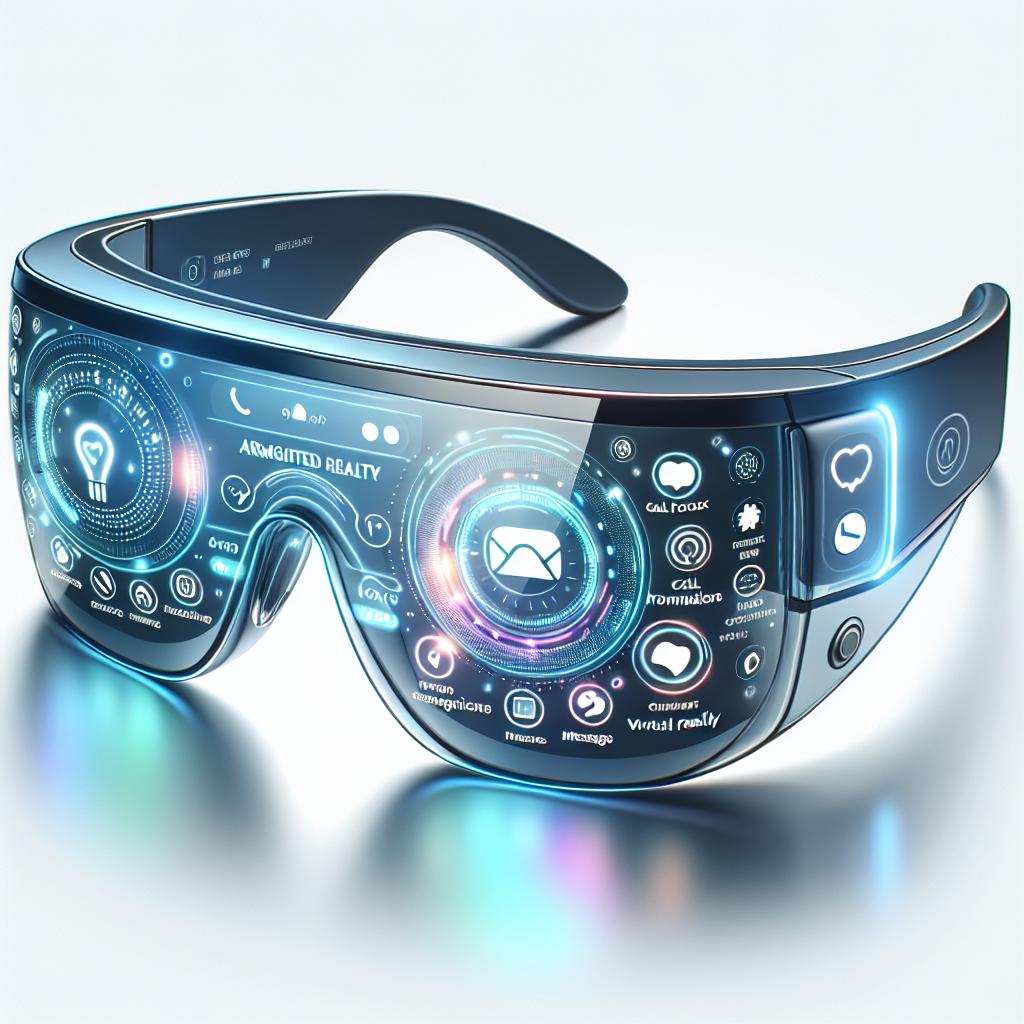Meta Platforms Inc., the company behind Facebook, Instagram, and WhatsApp, has recently unveiled an exciting prototype that promises to redefine the way we experience augmented reality (AR). During its latest Connect event, Meta introduced its new AR glasses, a futuristic technology that CEO Mark Zuckerberg enthusiastically dubbed as a “time machine” to the future. This innovation underlines Meta’s ambition to remain at the forefront of the tech world, offering a glimpse into what could be an immensely immersive digital experience.
Meta’s Revolutionary AR Glasses Prototype
The AR glasses prototype, showcased at Meta’s Connect event, is an impressive leap toward blending our physical and digital worlds seamlessly. Mark Zuckerberg described the glasses as fundamental in the company’s mission to make “computing feel natural and extend the human experience.” The glasses are expected to offer an enhanced way of perceiving and interacting with the world using advanced AR technology.
Key Features and Innovations
Meta’s AR glasses come equipped with cutting-edge features designed to provide an unparalleled user experience. Some of the prominent features include:
- High-Resolution Displays: The glasses boast high-resolution displays that project stunning visuals directly into the user’s field of view, making digital objects appear as real as their physical counterparts.
- Advanced Sensors: These AR glasses are integrated with sophisticated sensors capable of capturing intricate details of the surrounding environment, delivering a highly responsive and immersive experience.
- Hand and Eye Tracking: Meta’s AR glasses can track hand and eye movements with remarkable accuracy, enabling intuitive interaction with digital elements.
- Lightweight and Comfortable Design: Despite the advanced technology packed inside, the glasses are designed to be lightweight and comfortable for prolonged use.
These innovative features aim to set a new standard in augmented reality experiences, making the integration of digital objects into our real world seem natural and effortless.
Zuckerberg’s Vision: A ‘Time Machine’ to the Future
Mark Zuckerberg’s ambitious vision for the future of AR technology involves making these glasses an everyday essential. By referring to them as a “time machine,” Zuckerberg emphasized the transformative potential of AR technology to evolve human interaction with the digital realm. He envisions a future where these glasses could erase the boundary between the physical and digital worlds, providing experiences that are not only immersive but also highly personalized and contextually relevant.
“These AR glasses will fundamentally reshape the way we perceive reality,” Zuckerberg noted during the event. He emphasized that Meta’s focus is not just on entertainment but on enhancing various aspects of life, including education, work, social interaction, and beyond.
The Race in the AR Market
Meta is not the only tech giant venturing into the realm of AR. Companies like Apple, Google, and Microsoft have also been making significant strides in augmented reality. However, Meta’s approach appears to be more holistic, integrating social experiences deeply into their AR technology. By intertwining AR with social media and community-driven apps, Meta aims to create a unique ecosystem that encourages widespread adoption.
Additionally, Meta’s AR glasses are designed to be developer-friendly, encouraging the creation of a plethora of AR applications that can cater to various user needs. This open platform approach could give Meta an edge in creating a vibrant AR ecosystem.
Challenges and Opportunities
As promising as Meta’s AR glasses are, there are several challenges that need to be addressed before these glasses can become a mainstream product. Technical hurdles such as battery life, processing power, and seamless integration with other devices will need innovative solutions. Privacy concerns will also be a major focus, as AR technology involves capturing and processing significant amounts of personal data.
However, these challenges also present opportunities for Meta to innovate and set industry standards. By addressing these issues head-on, Meta can position itself as a leader in the AR space and shape the future of augmented reality technology.
The Future of AR with Meta
Meta’s unveiling of their AR glasses prototype represents a significant step toward realizing a future where augmented reality is a ubiquitous part of daily life. The potential applications are vast, ranging from enhanced communication and entertainment to immersive learning and productivity tools. As Meta continues to refine and develop this technology, it is poised to redefine how humans interact with the digital world.
Conclusion
Meta’s AR glasses not only highlight the company’s innovation but also align with its long-term vision of creating immersive digital experiences. CEO Mark Zuckerberg’s portrayal of the glasses as a “time machine” underscores the transformative potential that augmented reality holds. While challenges remain, the future of AR looks promising, and Meta is at the forefront of driving this next wave of technological advancement.
To learn more about Meta’s AR glasses and their latest developments, visit the source article here.

Hozzászólások